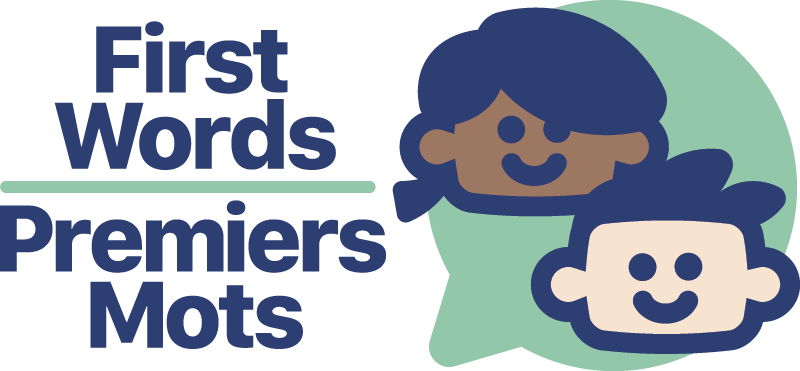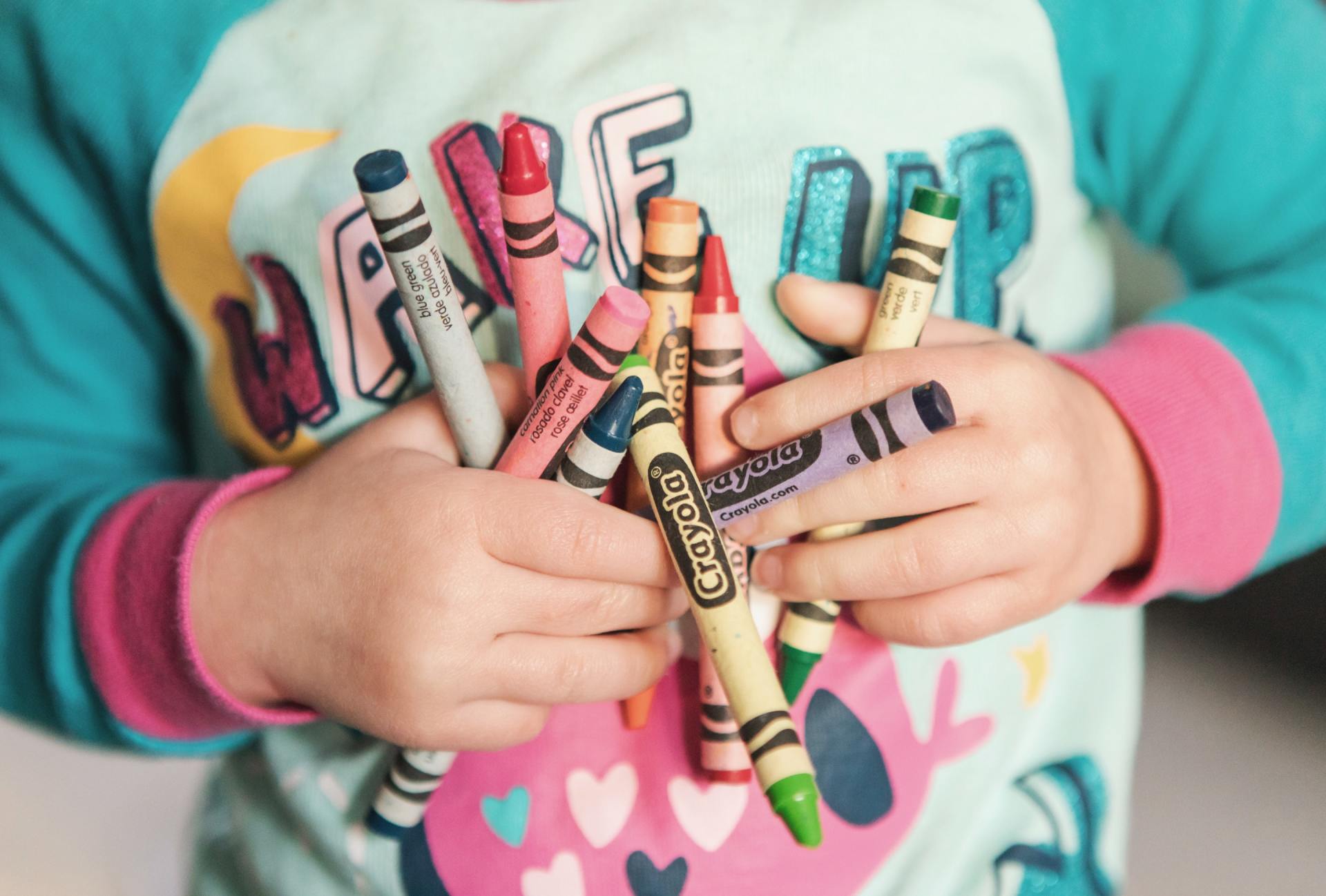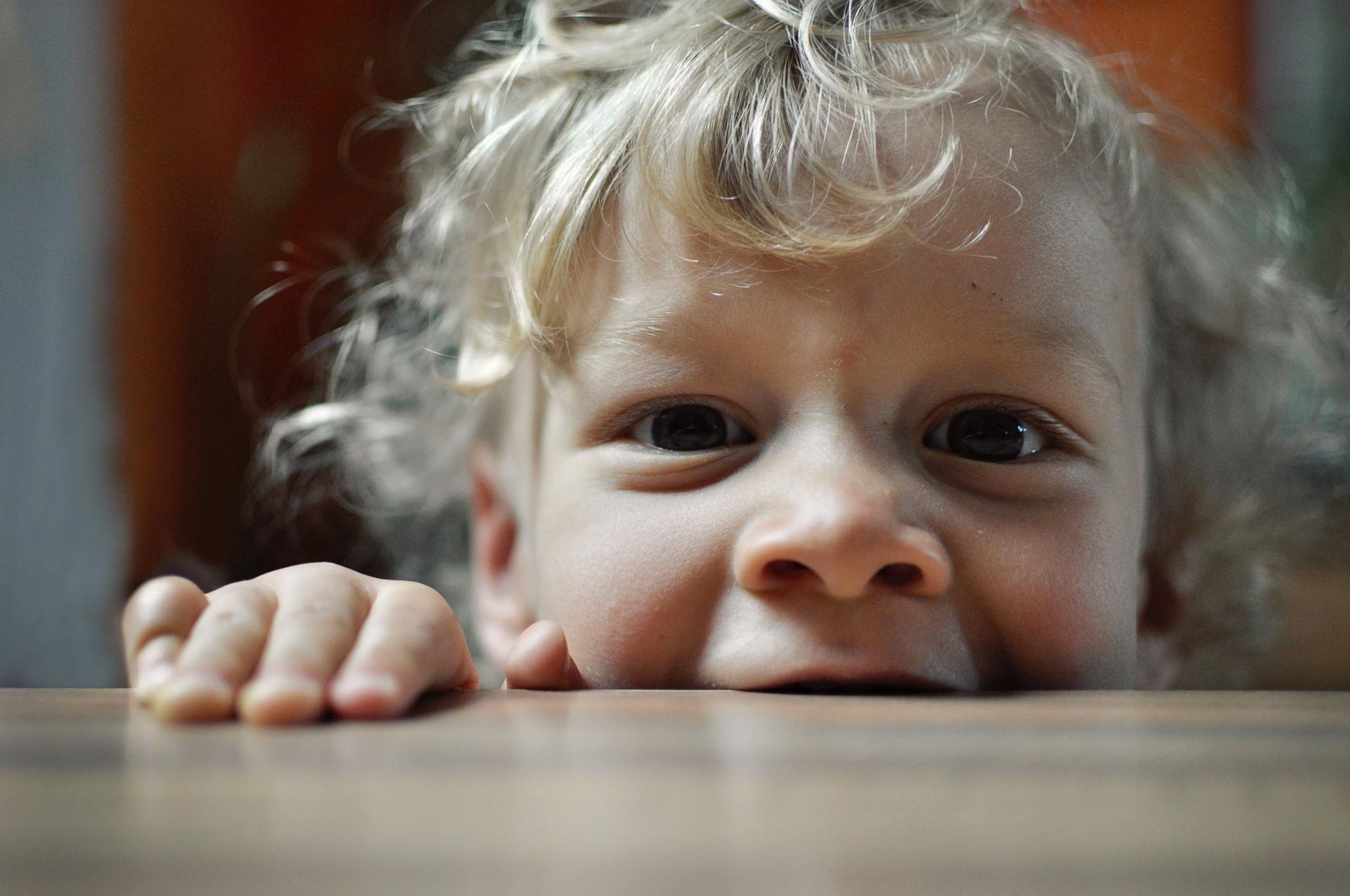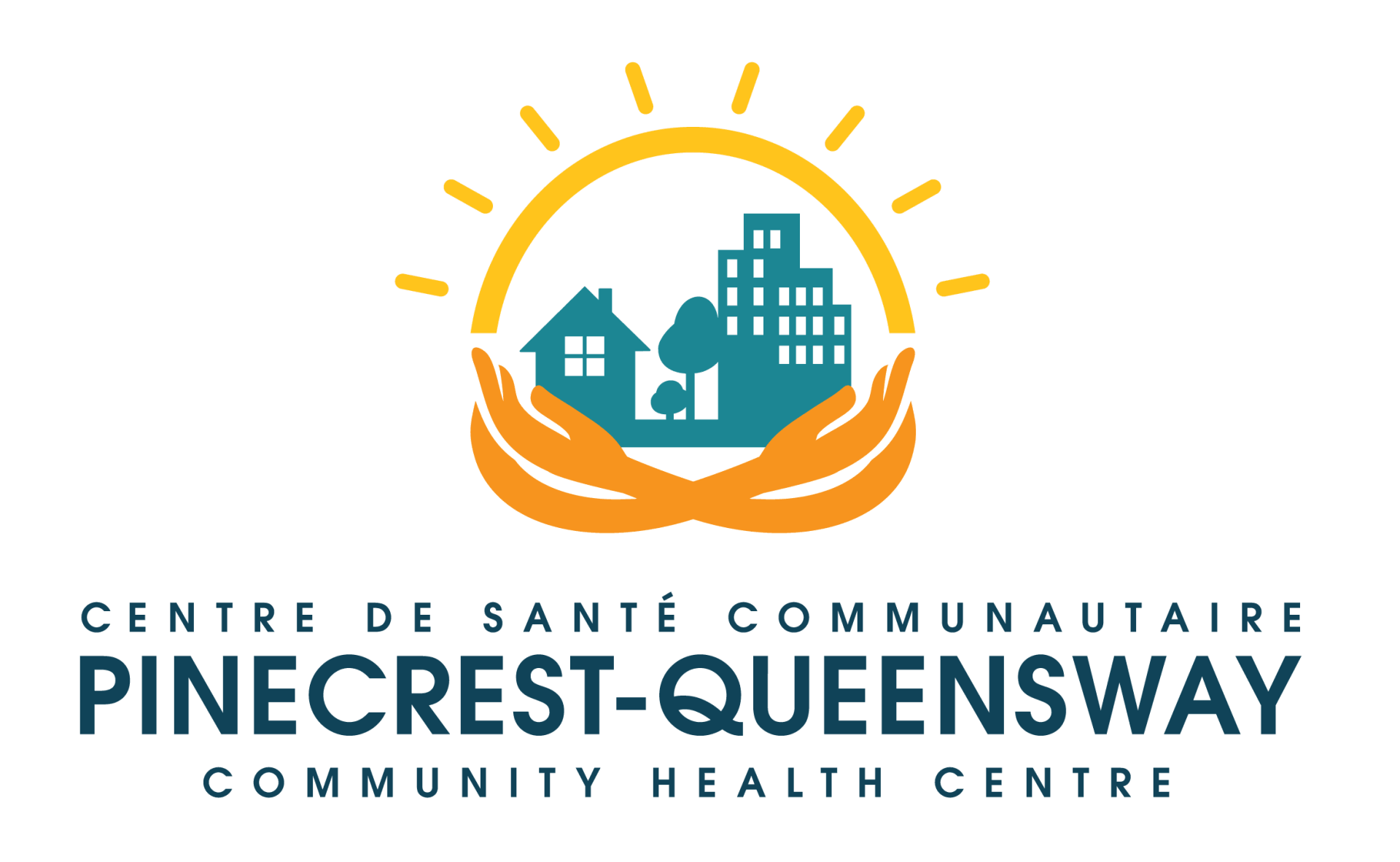Developing Language Through Play And Music
Speech-Language Pathologists : Sharon Fotheringham, Patricia Marek-Thornton, Brenda Oleszko • May 6, 2020
Talk With Your Child In Your First Language - A Primary Language Literacy Project
Children love to play. Play and music help children learn language skills in a way that is fun and easy.
Remember to use your FIRST language when playing or singing with children to help them develop strong language skills.
Children can learn important communication and language skills through play and music.
When children play and enjoy music, they learn how to:
- listen and follow directions take turns and share
- solve problems
- understand and use new words listen for words that sound the same use their motor skills.
The games and songs that children enjoy change as they grow and develop.
Children under 6 months:
- reach for toys
- like rattles and mobiles
- listen to soft music.
Children at 12 months:
- bang or stack toys
- play peek-a-boo and roll cars or balls
- move their bodies when they hear music.
Children at 2 years:
- play hiding games
- use clothes to pretend they are like mom or dad
- dance and clap to music.
Children between 3 and 4 years:
- begin to play together with other children
- like to use their imagination
- sing and fill in the words to songs they know.
Children at 5 years:
- like to play games that have rules
- like to make things and do crafts
- sing and make up their own songs.
Parents can help children develop their language and communication skills through music and play.
- Talk with children in your first language while you play together or while you watch them play.
- Add new words and ideas to what they say. Follow your children’s ideas.
- Choose music, toys or games that interest your children. A toy can be used in many ways.
- Make your own toys. Common objects like boxes can be used for stacking, car garages, doll beds or puppet shows.
- Encourage children to sing, clap, or tap along with music.
- Make up songs while you do activities like dressing or washing.
- Sing slowly to let children sing along.
- Use actions and sounds while you are singing.
- Take turns by waiting for your children to join in with sounds, words, and actions.
- Make up silly words for a song to help children learn about the sounds in words.
Children learn and practice many important skills through play and music.
Remember to use your FIRST language when playing or singing with
your children to help them develop strong language skills.
Other topics in this series include:
Developing Language Through Reading and Story Telling
Preparing Children To Learn At School
Kindergarten Expectations: What You Can Do At Home
Developing Language Through Television and Videos
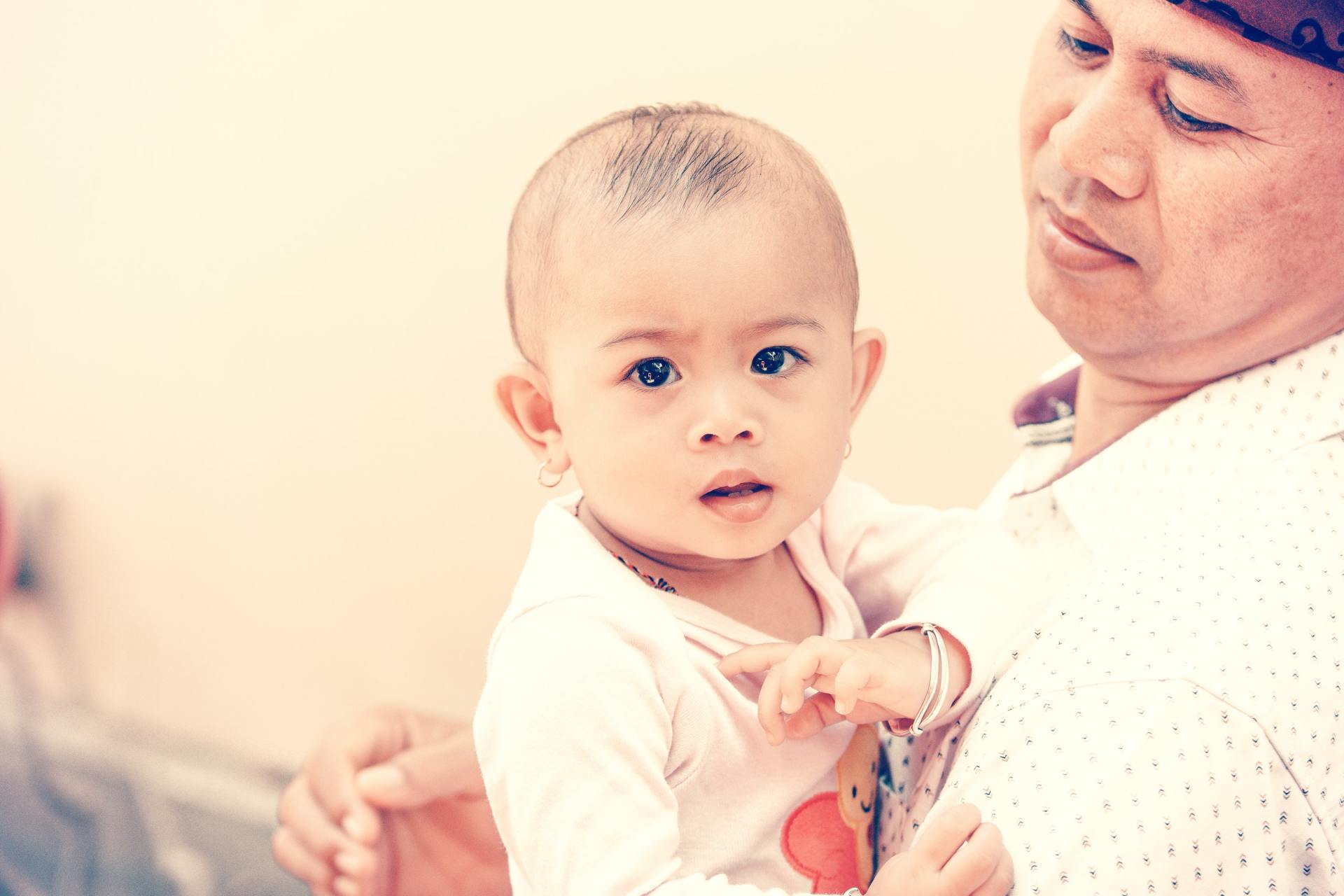
Although young babies don’t understand the meaning of your words, they understand a lot by the way that you touch and hold them. They also learn from the expression on your face, the tone of your voice and the gestures that you make. Remember it is by talking to them that they learn words. Surround your baby with words when you feed, diaper and play with them.

